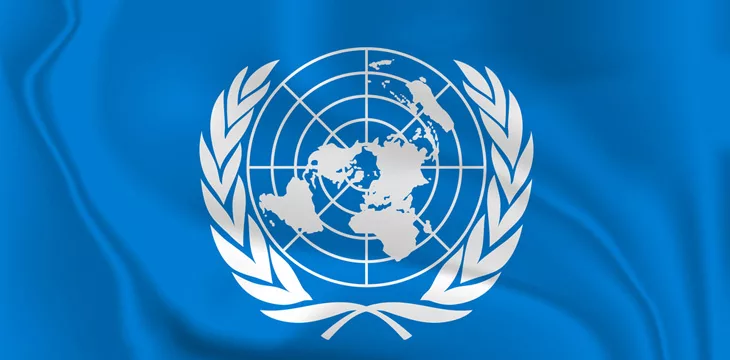|
Getting your Trinity Audio player ready...
|
With social media platforms being proven to push hateful content and misinformation as it gets them more engagement, the United Nations (UN) worries that artificial intelligence (AI) could push this to new heights.
UN Secretary-General Antonio Guterres called on social media platforms to rein in the rampant hate and misinformation on their platforms which fuels conflict and threatens democracy.
Alarm over generative AI, as relevant as it is, must not obscure damage being done by digital tech enabling the spread of hate speech, mis- & disinformation now.
Fueling conflict & destruction.
Threatening democracy & human rights.
Undermining public health & #ClimateAction. pic.twitter.com/XlisItDQIG
— António Guterres (@antonioguterres) June 12, 2023
Guterres spoke to the media following the launch of the UN’s latest policy brief targeting digital media platforms. It delves into the role that social media plays in the spread of hate, mis- and disinformation. The UN calls for these companies with billions of users to shoulder the responsibility of moderating their platforms to stem hate.
However, speaking to the media, Guterres expressed doubts about social media companies’ willingness to remove hate speech from their platforms. These companies, he believes, prioritize engagement above human rights, privacy, or the truth.
They must understand that they can’t prioritize making billions of dollars “at the expense of a model of engagement that goes before any other consideration.”
AI could take these challenges to a whole new level. Already, the technology has been used to generate images that have caused political, religious, and racial uproar and unrest. Guterres believes regulators must act before AI gets out of hand.
“Alarm bells over the latest form of artificial intelligence—generative AI—are deafening. And they are loudest from the developers who designed it…We must take those warnings seriously,” he said.
The warnings from experts include Geoffrey Hinton, the ‘godfather of AI’ who recently left Google (NASDAQ: GOOGL). He now focuses on warning the world about the dangers of the technology, which he says poses a bigger risk than climate change. Some, like Dr. Craig Wright, however, believe the potential of AI is greatly exaggerated.
The UN chief is calling for a global AI regulator:
“I would be favourable to the idea that we could have an artificial intelligence agency … inspired by what the international agency of atomic energy is today.”
The International Atomic Energy Agency (IAEA) was founded in 1957 to promote the safe and responsible use of nuclear technologies. It now has 176 members and is considered the ultimate authority in the field.
There have been proposals for AI regulatory bodies globally. However, none has attracted enough support to become a global movement. The EU and U.S. are also partnering on a code of conduct for the sector.
In order for artificial intelligence (AI) to work right within the law and thrive in the face of growing challenges, it needs to integrate an enterprise blockchain system that ensures data input quality and ownership—allowing it to keep data safe while also guaranteeing the immutability of data. Check out CoinGeek’s coverage on this emerging tech to learn more why Enterprise blockchain will be the backbone of AI.
Watch: Blockchain can bring accountability to AI

 07-09-2025
07-09-2025 





